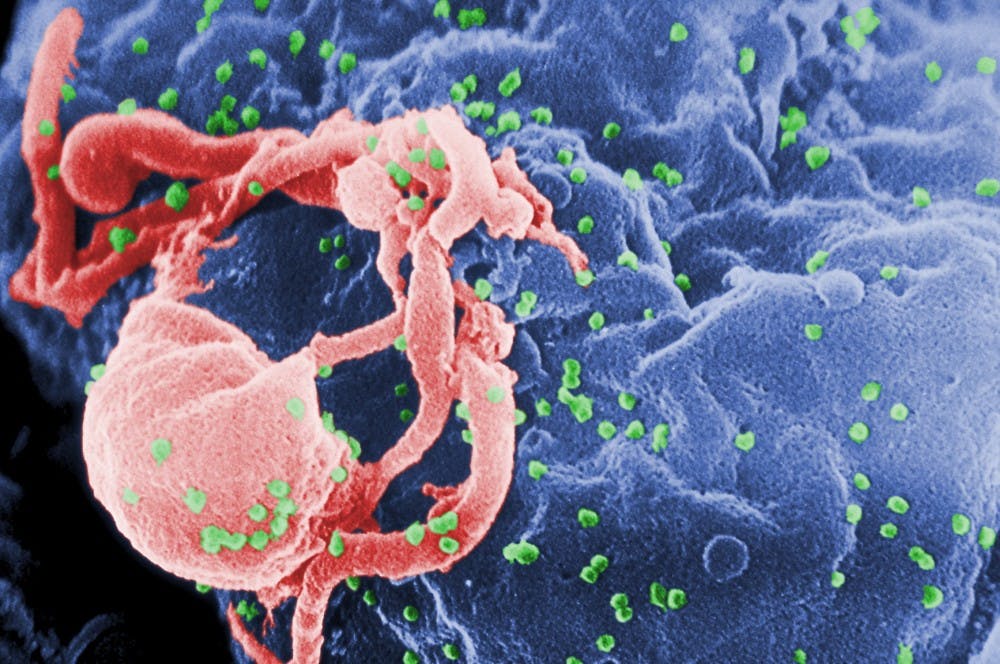A new paper from a Penn Nursing professor provides strategies on how to better recruit and retain minority adolescents for research on sexually transmitted infections and HIV prevention.
The paper, written by Nursing professor Bridgette Brawner and four other researchers, outlines the challenges scientists may face conducting sexual health research with black and Latinx adolescent populations. It suggests strategies for recruiting and retaining these participants, such as reaching out through youth community advisory boards, social media, and public venues.
The authors brought examples from their own research working with racial and ethnic minority populations, touching on questions such as how to select and train staff, how to monitor and pilot testing strategies, how to deal with legal issues, and how to obtain parental consent. Overall, the researchers stressed the importance of planning, troubleshooting challenges, and monitoring strategies to make for better usage of time and resources.
“Taking the time to conduct thoughtful, considerate research that directly engages adolescents and young adults is a vital part of developing effective interventions to decrease the heavy STI/HIV burden within this age group and, over time, decrease STI/HIV disparities,” Brawner told Penn Nursing News.
Studies show that black and Latinx adolescents are often disproportionately affected by sexually transmitted infections. According to the Centers for Disease Control and Prevention, black adolescents are almost 19 times more likely to be diagnosed HIV-positive than their white peers, and Latinx adolescents are four times more likely than white adolescents to receive this diagnosis.
The study, which was published on Sept. 13 in the Journal of Racial and Ethnic Health Disparities, added future research should facilitate targeted guidance for each minority group, as cultural, biological, and behavioral factors affect each minority group differently.
Other authors of the paper include Erin Bradley and Madeline Sutton of the Centers for Disease Control and Prevention, Afekwo Ukuku Miller of Kennesaw State University, and Yzette Lanier of New York University's Rory Meyers College of Nursing.









